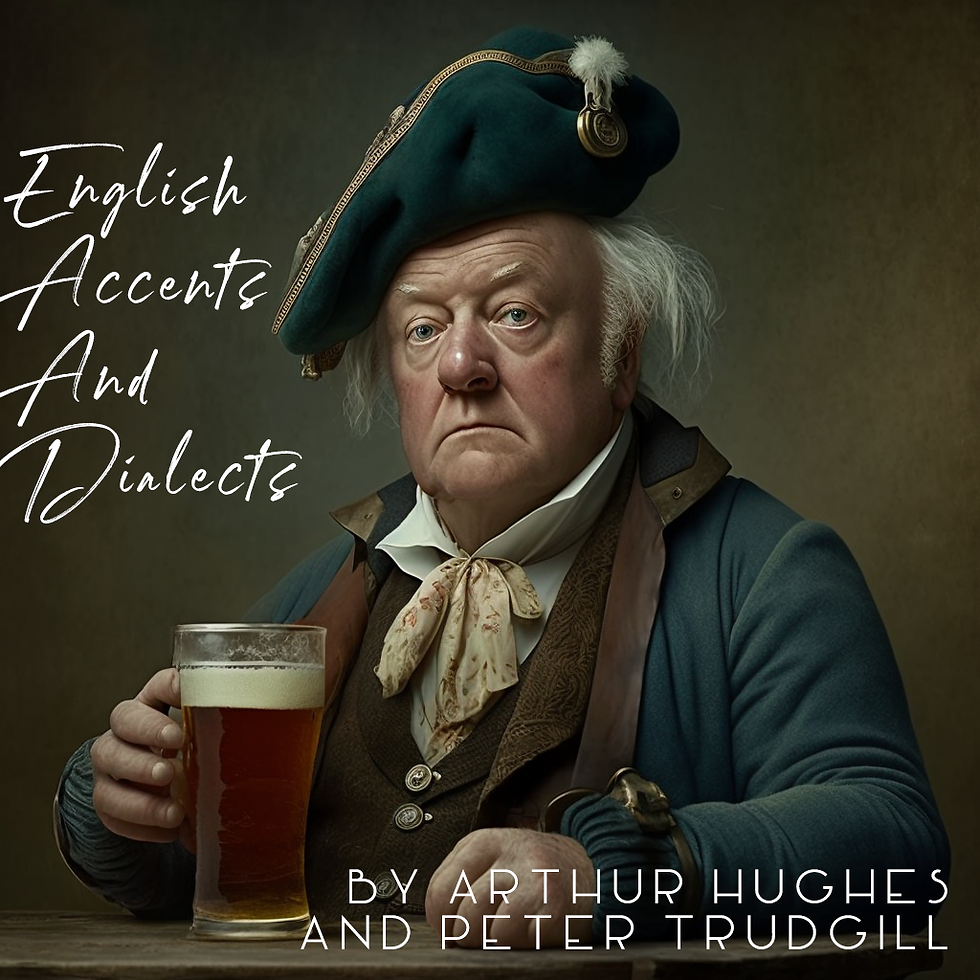Interesting Etymologies 15 : Unknown!
- Bulldogz Team

- Mar 11, 2021
- 2 min read
Updated: Nov 20, 2021
"Hello again Word Lovers!" we will be exploring words of unknown origin in this episode. Charly opens by saying if he was a Mathematical institute he would offer a million pounds to anyone who can provide evidence of the etymology of the words covered in this show. (Ed: Not much chance of that, he still owes me for that water and nut roast I paid for in the autumn of '03!)
Dog: This word seems to have emerged as a pejorative and then become the umbrella word for the animal. Charly states that you might utter the communication "Bad Dog!" at some point in your life and you would have used two words with unknown origin.
Bad: There are some competing theories including the word bæddel derived from Old High German, which actually means hermaphrodite. It is argued the loss of the -el leads to the word we know today. This can be compared to wench from wenche/wencel or much from mycel.
Bæddan in Proto Germanic meant to defile. In Norwegian Bad has meant trouble, fear or effort. In Danish, fight. It is all a big mystery. Oh, wait, Big, another word of unknown origin. (It was a Big Bad Dog!)
Big: One of the competing theories is from Bugge, a Norse word meaning a Great Man.
Boy: There is no clear theory on this word, mid 13th century use indicates it possibly originates from a word to describe a slave, knave or commoner. There is a French connection (Ed: All my own work by the way) to a word for somebody in chains, again referencing back to slavery.
Girl: Original use seems to indicate that girl meant any child of any sex. Some guess work leads us to the Old English word gyrele, a diminutive of gurwjoz or the Proto Germanic gurwilon. Charly then attempts a pronunciation of a PIE word made entirely of consonants - ghwrgh - which seems to mean virgin. There is then a brief detour into diminutive suffixes in Germanic languages before we reluctantly draw a blank.
Donkey: Connected to Dun meaning Brown, Dun is still used today as a horse colour. A brown animal with Key possibly being a diminutive suffix. Which was in fact Dunkey before morphing into Donkey. This seems a very credible root.
Bird: Originally Bridd in older English but there seems to be a challenge that Old English for bird was fugol, clearly emerging from German. Vogel is bird in modern German and leads to the English word Fowl.
Explore the full Interesting Etymologies series archive here






Comments